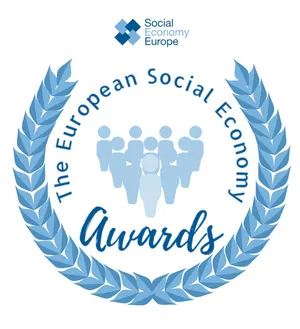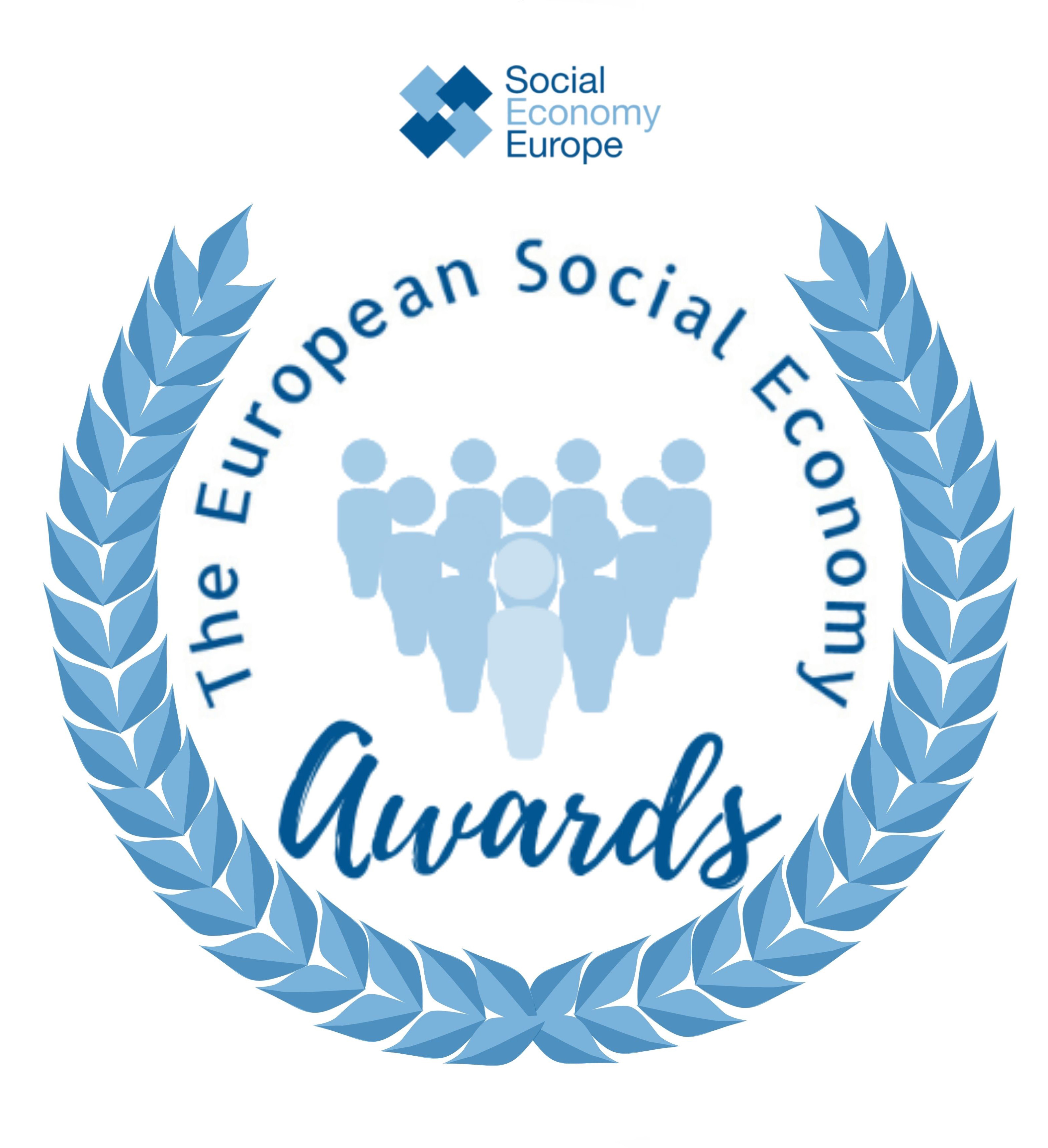KAI
Una plataforma socio-sanitaria impulsada por IA para comunidades más fuertes
Creamos una plataforma de IA que habilita un nuevo sistema socio-sanitario, para resolver problemas sociales complejos y construir comunidades más fuertes.
Aprende Más
Propósito
Abordamos desafíos sociales actuales — la soledad no deseada, la exclusión residencial, los procesos migratorios y la acogida — proporcionando una solución integrada impulsada por IA que apoya a las personas y a los profesionales a lo largo de todo el ciclo asistencial.
Enfoque
Acompañamos a cada persona a través de cinco módulos — Diagnóstico, Diseño de Plan de Trabajo, Seguimiento, Gestión de Conflictos y Evaluación de Impacto — asegurando la continuidad de la atención desde el momento en que se identifica una necesidad hasta alcanzar una situación estable y mejorada.
Plataforma
Nuestro sistema único aprovecha LLMs, PNL, grafos de conocimiento, mapeo, comparación de escenarios y análisis predictivo. Estas herramientas automatizan los procesos burocráticos, proporcionan recomendaciones dinámicas, previenen conflictos y aprenden de manera continua a partir de la retroalimentación del mundo real.
5 módulos, 5 soluciones
Explora nuestro sistema centrado en el trabajo social
Diagnóstico
De voz a texto, de texto a voz, LLMs y mapeo inteligente.

Descubre las herramientas que potencian el sistema
Ver herramientas de IALiving Lab
Así integramos investigación e innovación mediante la co-creación en entornos reales
Gestión del Conocimiento
Capturamos y analizamos datos en tiempo real de usuarios y laboratorios vivos, utilizando IA para identificar continuamente necesidades y mejorar la inclusión social, la estabilidad habitacional y la resiliencia comunitaria.
Representación del Conocimiento
Nuestra plataforma digital y asistentes virtuales generan perfiles estructurados y visualizaciones claras, apoyando decisiones informadas para residentes, investigadores y responsables políticos.
Aplicación en Laboratorios Vivos
A través de laboratorios vivos participativos, co-creamos y refinamos soluciones en entornos reales, asegurando intervenciones efectivas que mejoran el bienestar y combaten la soledad.
Casos de Uso
Descubre cómo impactamos a nuestras comunidades
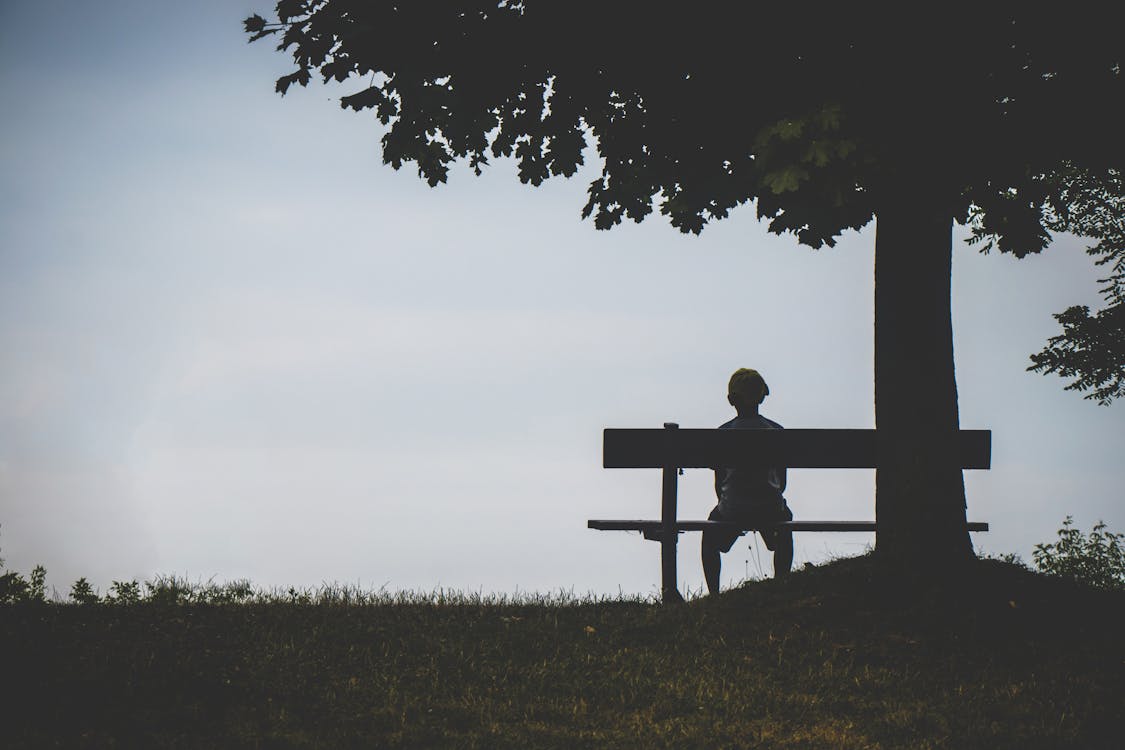
Soledad no deseada
Situación: Una persona jubilada que vive sola con movilidad limitada y depresión, pendiente de institucionalización, puede quedarse en su hogar tras el diagnóstico con coliving.
Diagnóstico temprano
Detección de una situación no diagnosticada de soledad no deseada, con voluntad y disposición para envejecer en casa.
Solución sociosanitaria
Encontrar a otra persona acompañante con la que convivir, y promover la participación en actividades comunitarias locales para crear lazos relacionales.
Optimización de recursos públicos
Se evita la institucionalización de la persona, mientras se mejor el bienestar personal y relacional de la persona.
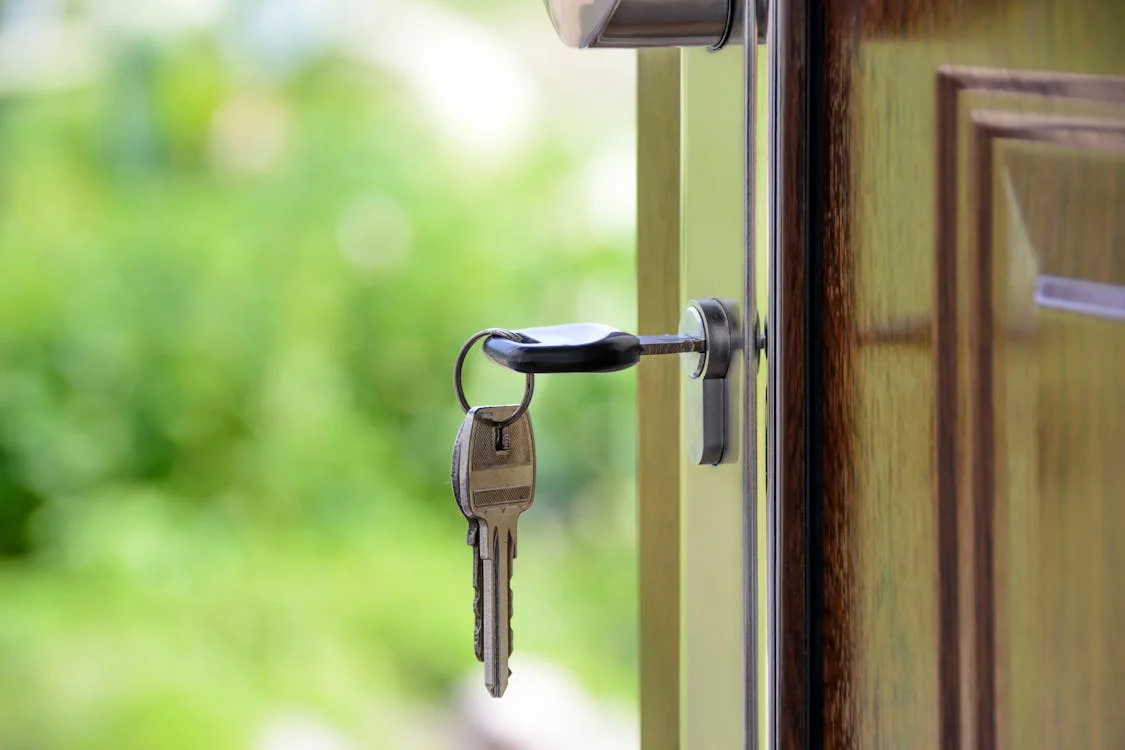
Acceso a Vivienda Social
Situación: Una persona con problemas de salud mental enfrenta dificultades en su autonomía, de la que se deriva un deterioro de las condiciones de salubridad de la vivienda
Diagnóstico preciso
Detección temprana del deterioro de la situación de salud mental y del estado de la vivienda. Comprensión profunda de su situación
Vivienda Primero
Adecuar la vivienda a la situación particular de la persona. Garantizar un hogar seguro como base para el trabajo social
Acompañamiento
Derivación a servicios especializados. Acompañar en la creación de vínculos para la mejora del bienestar de la persona

Migrantes e Inclusión Comunitaria
Situación: Una persona recién llegada al territorio enfrenta dificultades de integración, con las barreras idiomáticas asociadas y una situación legal irregular.
Orientación personalizada
A partir de las necesidades concretas detectadas, se orienta a la persona en su proceso de integración en el territorio
Soporte en Documentación Legal
Se orienta en la gestión de trámites relativos a la situación legal de la persona, facilitando este proceso administrativo.
Integración Comunitaria
Se promueve la autonomía de las personas, procurando la participación social y su implicación comunitaria en el territorio de acogida.
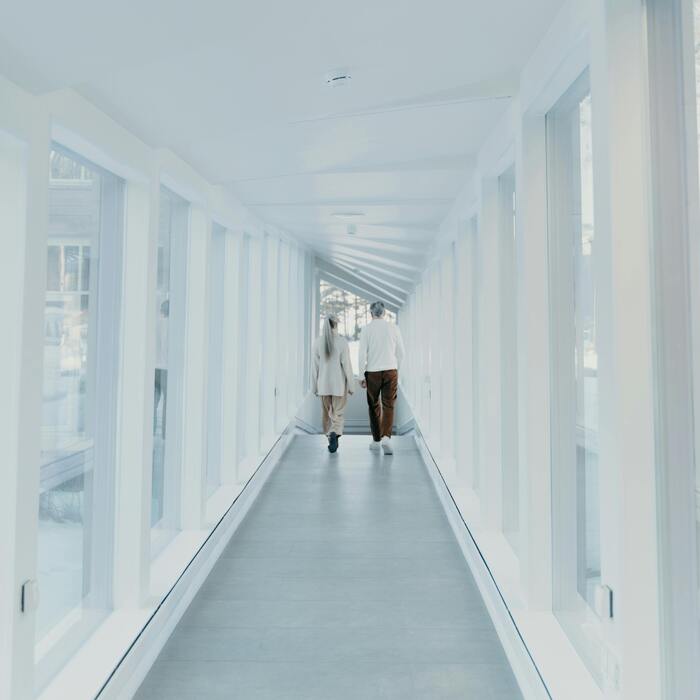
Desinstitucionalización: Caso SAPP
Situación: El SAPP (Serveis d'Acompanyaments Post Penitenciaris) contacta con Kloosiv en relación a un grupo de 7 personas en proceso de salir en libertad definitiva, que necesitan apoyo para la vivienda y en su proceso de reinserción social.
Preparación para la reinserción
Formación y orientación personalizada para enfrentar el proceso de reinserción social.
Seguimiento continuo
Monitoreo del proceso de reinserción socio-laboral para prevenir o abordar posibles dificultades en el recorrido.
Vinculación de múltiples departamentos
Mantener una coordinación abierta y ágil entre los agentes clave de este proceso de reinserción para prevenir la reinstitucionalización de la persona.
Últimos proyectos
Nuestros indicadores
2k+
Usuarios atendidos
200+
Personas incluidas
1M+
Impacto económico
100k+
Puntos de datos recolectados
Mientras trabajamos con
20+
Gobiernos regionales y autonómicos.
60+
Entidades sociales privadas y propietarios.
+90%
Personas vulnerables
40+
Integrados en comunidades locales
Ponte en Contacto
¿Interesado en nuestra investigación o buscando colaborar? Contacta con nosotros para saber más.
Contáctanos







